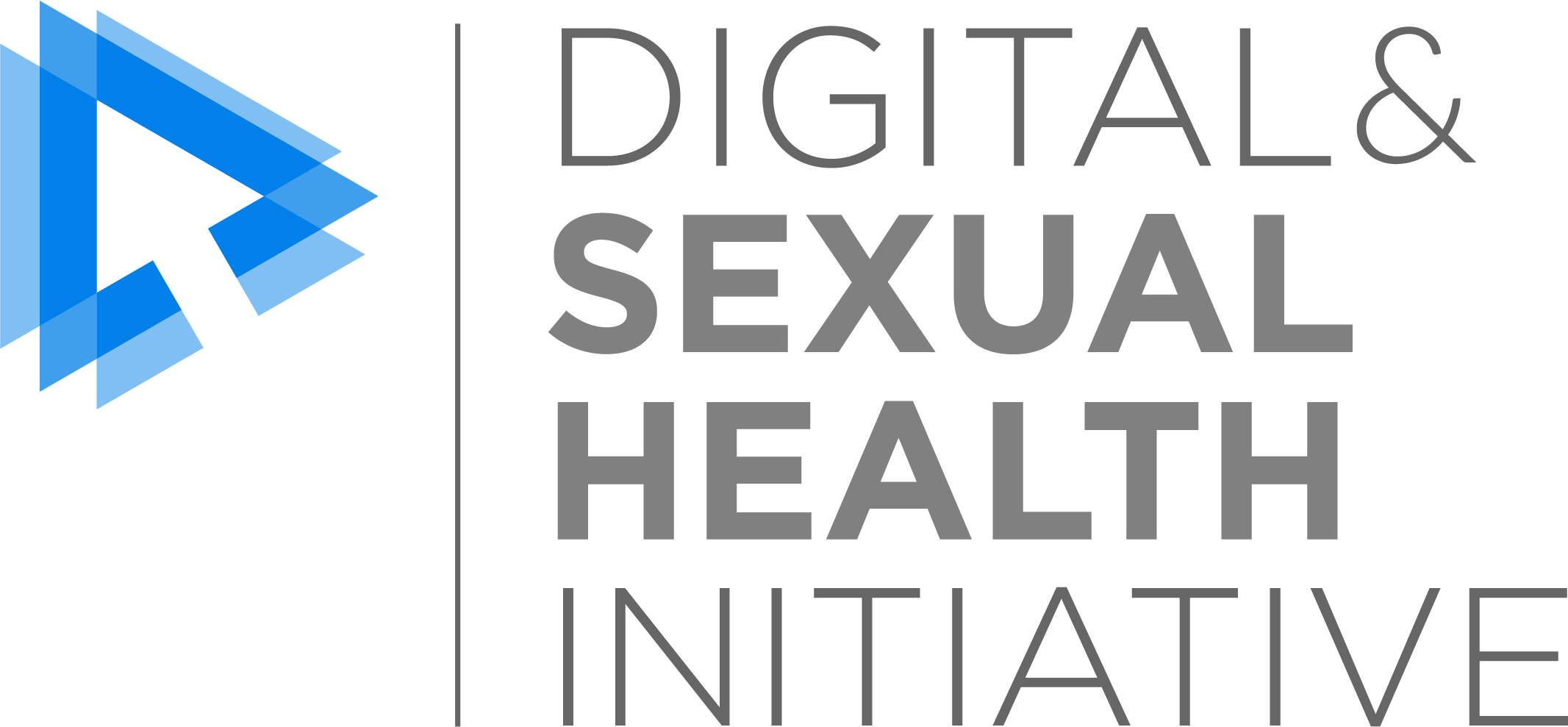Expanding the reach of internet-based testing for sexually-transmitted and blood-borne infections: Awareness of GetCheckedOnline among sexual minority men in British Columbia, Canada
Research theme(s)
Internet Based Testing
Andrés Montiel, Aidan Ablona, Ben Klassen, Ihoghosa Iyamu, Hsiu-Ju Chang, Devon Haag, David Brennan, Daniel Grace, Catherine Worthington, Nathan Lachowsky, Mark Gilbert.
CAHR 2021 Virtual, May 5-7, 2021
Background: GetCheckedOnline, BC’s internet-based testing program for HIV, Hepatitis C, and other sexually-transmitted infections, launched in Vancouver in 2014 and expanded in 2016 to six additional communities in Interior and Island Health regions. We sought to measure post-expansion awareness and identify associated factors among gay, bisexual, and other men who have sex with men (gbMSM).
Methods: Sex Now 2019 was an online health survey of gbMSM aged ≥15 years in Canada. BC residents were asked questions related to GCO implementation outcomes. Participants were categorized by Forward Sortation Area into regions with sites offering GetCheckedOnline, by health authority (i.e., Greater Vancouver, Island, Interior, and all other regions of BC). We used logistic regression modelling including all significant factors to quantify associations with awareness and report adjusted odds ratios and 95% confidence intervals (AOR [95%CI]).
Results: Among BC participants (n=1500, median age: 40 years), 33.5% were aware of GetCheckedOnline. Compared with awareness among Greater Vancouver participants (36%, n=336/932), Island participants were more aware (50%, n=77/155, AOR=2.49 [1.56-4.02]), Interior participants were similar (40%, n=18/45, AOR=1.60 [0.69-3.68]) and other BC regions were less aware (17%, n=47/269, AOR=0.45 [0.29-0.70]). Greater GetCheckedOnline awareness was also associated with identifying as queer (AOR=1.50 [1.05–2.13]), being out to healthcare providers (AOR=2.12 [1.33–3.43]), using ≥3 geolocation-based sex-seeking apps (AOR=1.95 [1.32–2.91]), and past-year involvement in LGBTQ-specific activities (AOR=1.53 [1.09–2.17]). Awareness was lower among participants who had never tested previously (AOR=0.21 [0.07–0.55]) and who usually tested through their family doctor (AOR=0.53 [0.35–0.81]).
Conclusion: Awareness of GetCheckedOnline was highest in areas where it was available and promoted. Increasing GetCheckedOnline promotion to gbMSM who are not out to their healthcare provider, do not usually test at sexual health clinics, or are less connected with LGBTQ communities may improve program reach.
